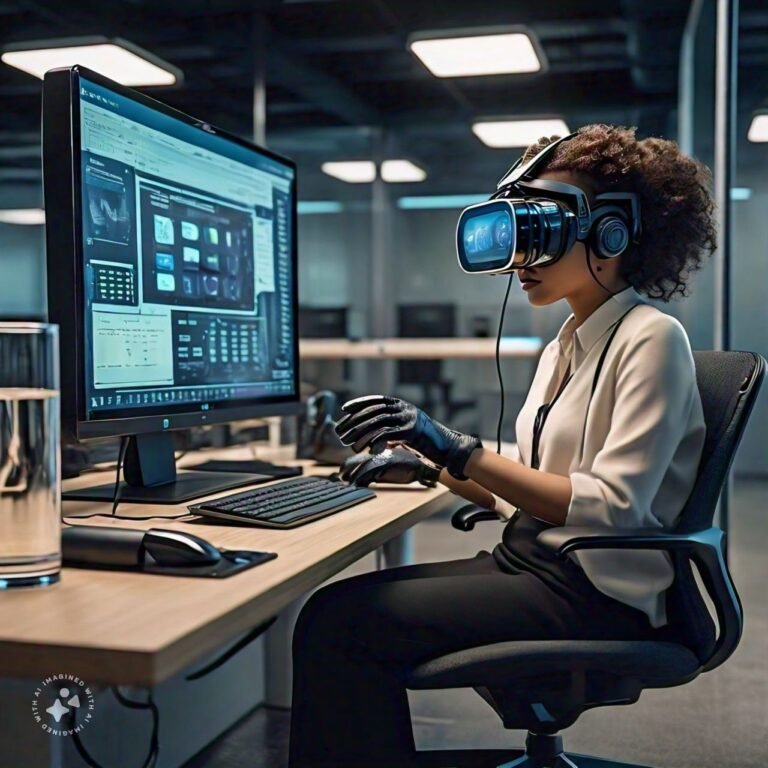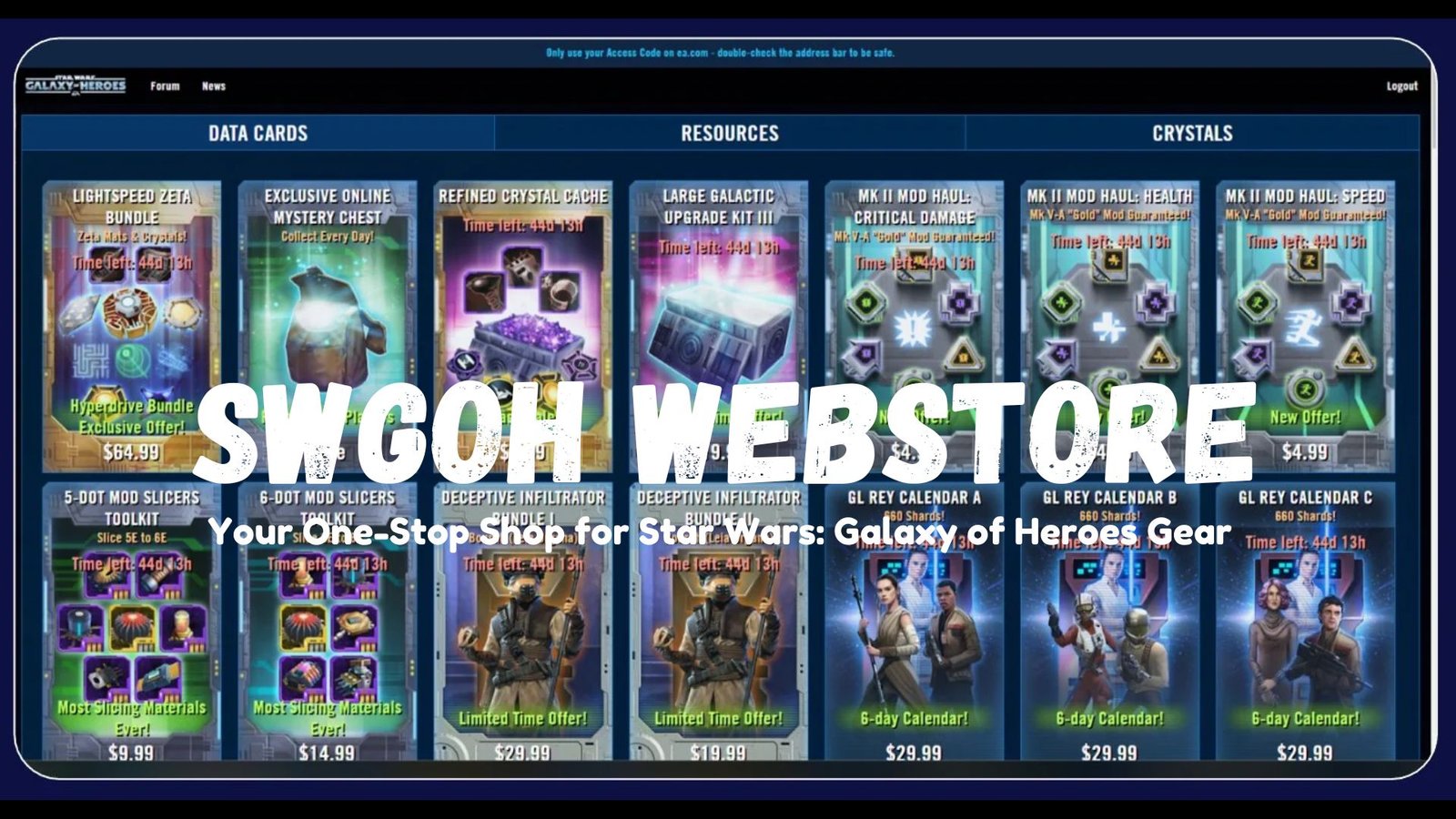Virtual reality (VR) is no longer just gaming and entertainment. It’s making significant strides in various industries, and recruitment is no exception. As staffing agencies and HR departments seek innovative ways to attract and assess top talent, VR emerges as a groundbreaking tool that promises to revolutionize candidate assessment. This article delves into the benefits, challenges, and future of virtual reality in recruitment, highlighting how VR is set to become the next frontier in candidate assessment.
Benefits of Virtual Reality in Recruitment
Enhanced Candidate Assessment
One of the primary benefits of VR in recruitment is its ability to provide enhanced candidate assessment. Traditional interviews and resume screenings often fall short in evaluating a candidate’s practical skills and problem-solving abilities. VR simulations can create realistic job scenarios where candidates must demonstrate their competencies. For example, a candidate for a customer service role can be placed in a simulated environment where they must handle difficult customer interactions, allowing recruiters to observe their communication skills, empathy, and problem-solving abilities in real-time.
Improved Candidate Experience
The recruitment process can be stressful for candidates, particularly when it involves multiple rounds of interviews and assessments. VR can make this process more engaging and less intimidating. Candidates can immerse themselves in a virtual environment that closely mimics the workplace, giving them a better sense of what the job entails. This not only helps candidates feel more comfortable but also provides them with a more realistic preview of the role they are applying for.
Reduced Bias in Recruitment
Bias in recruitment is a pervasive issue that can lead to unfair hiring practices and a lack of diversity in the workplace. VR can help mitigate this by providing a standardized assessment environment where all candidates are evaluated based on the same criteria. By focusing on skills and behaviors rather than subjective factors, VR can promote a more fair and inclusive recruitment process. You can also join some best recruitment communities to get knowledge.
Enhanced Engagement and Retention
Candidates who experience VR-based assessments are likely to be more engaged and interested in the hiring process. This innovative approach can differentiate an organization from its competitors, making it more attractive to top talent. Additionally, candidates who have a positive and immersive experience during the recruitment process are more likely to accept job offers and remain with the company, leading to improved retention rates.
Realistic Job Previews
One of the challenges in recruitment is ensuring that candidates have a clear understanding of what the job entails. VR can provide realistic job previews, allowing candidates to experience a day in the life of the role they are applying for. This helps set accurate expectations and reduces the likelihood of early turnover due to mismatched job expectations.
Challenges of Implementing Virtual Reality in Recruitment
High Initial Investment
Implementing VR in recruitment requires a significant initial investment in hardware, software, and training. While the long-term benefits may outweigh these costs, the upfront expense can be a barrier for some organizations, particularly smaller staffing agencies.
Technical Limitations
VR technology is still evolving, and there are technical limitations to consider. Ensuring that VR simulations run smoothly and are accessible to all candidates requires careful planning and ongoing maintenance. Technical issues such as lag or compatibility problems can negatively impact the candidate experience.
Resistance to Change
Introducing new technology into established recruitment processes can be met with resistance from both recruiters and candidates. Recruiters may be hesitant to adopt VR due to a lack of familiarity or concerns about its effectiveness. Candidates, particularly those who are less tech-savvy, may also be apprehensive about participating in VR assessments.
Data Privacy and Security
Using VR in recruitment involves collecting and processing a significant amount of candidate data. Ensuring the privacy and security of this data is paramount to avoid breaches and maintain candidate trust. Organizations must implement robust data protection measures and comply with relevant regulations.
Integration with Existing Systems
Integrating VR with existing recruitment tracking software and other HR systems can be complex. Ensuring seamless data flow and compatibility between different platforms requires careful planning and collaboration with technology vendors.
For recruitment professionals and staffing agencies, embracing virtual reality is not just an option but a necessity to stay ahead in a competitive market. By leveraging VR technology, organizations can enhance their recruitment processes, improve candidate engagement, and make more informed hiring decisions. The next frontier in candidate assessment is here, and it’s time to explore the possibilities that virtual reality brings to the world of recruitment.
Subscribe to the best recruitment newsletter and get the latest insights, trends, and tips to stay ahead in the industry. Become the smartest recruiter in the room today!





